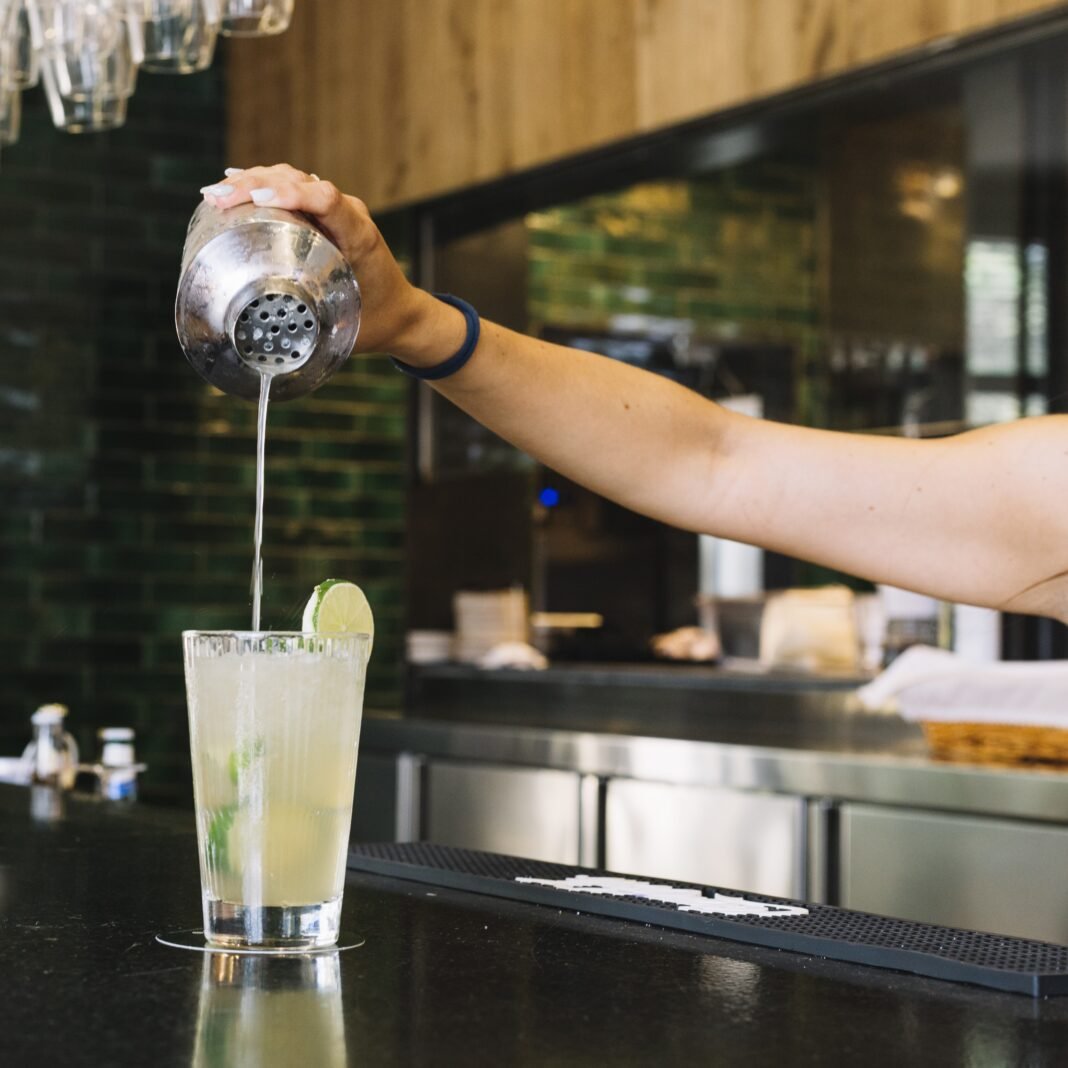The Tourism Support Police Station (Deat) is investigating a gang suspected of extorting money from foreign tourists in Rio. According to the police, the criminals approach the victims when they are drinking in the streets, pour more drinks into their glass, and force them to pay for the product, which had not been ordered.
This Content Is Only For Subscribers
To unlock this content, subscribe to INTERLIRA Reports.
Criminal Arrested
On Tuesday night (23), a 39-year-old man was arrested for extortion, embezzlement and criminal association. The victims were Chilean tourists. They said they were walking along the shore of Copacabana Beach with a glass of caipirinha in their hand when they were approached by three men.
The criminals took the glass from the man’s hand and filled it with cachaça, without consent. The Chilean said he was then forced to pay R$20 on his credit card for the drink he didn’t order. He paid and later discovered that the criminals charged US$899.
Police search for third suspect
According to the police, they found with him a credit card machine, cash, a credit card, and the identity document of a man who was also recognized by the Chileans. This third criminal has not yet been found.
Analysis:
The emergence of new scams, such as the one being investigated by the Tourism Support Office (Deat) in Rio de Janeiro, highlights the continued need for adaptation and vigilance on the part of both authorities and the public. The practice of extorting money from tourists by offering unsolicited drinks and then charging exorbitant amounts is a clear example of how criminals can exploit seemingly harmless situations to deceive and harm unsuspecting victims.
To protect yourself against these types of scams, tourists must take preventative measures. Among them, it is advisable to check credit card charges immediately after transactions to identify and dispute suspicious charges as quickly as possible.
Authorities also play a vital role in protecting tourists. Implementing police patrols in tourist areas and promoting awareness campaigns can help educate visitors about risks and precautions. Ultimately, the combination of preventive measures and quick, effective responses is essential to minimize the impact of these new scams and ensure the safety of tourists.




